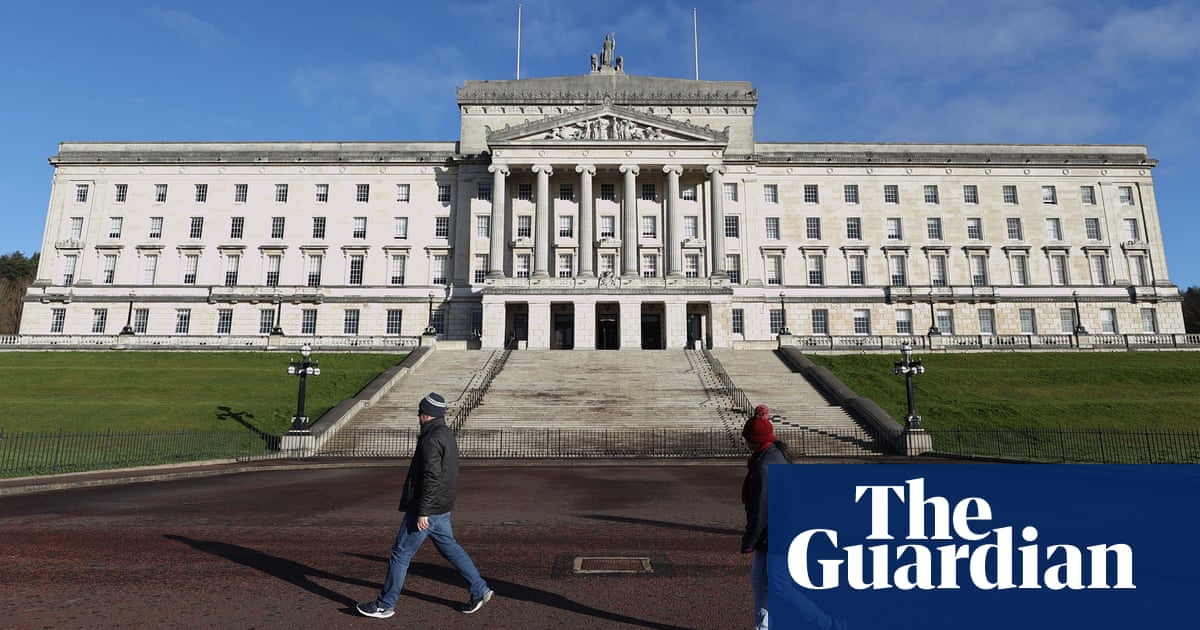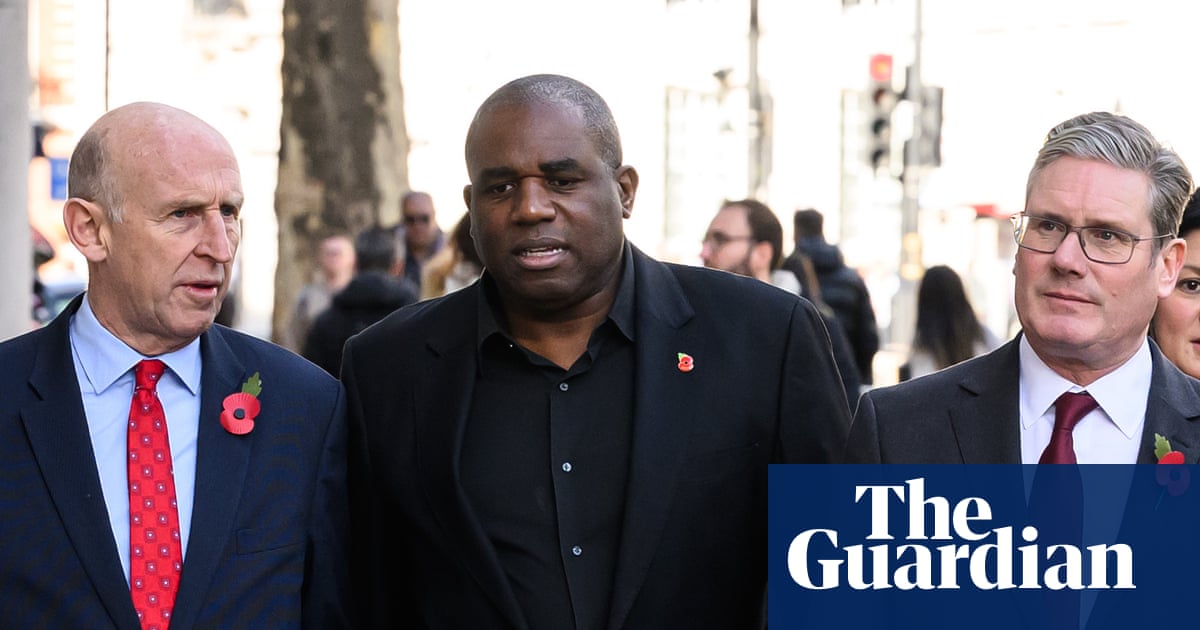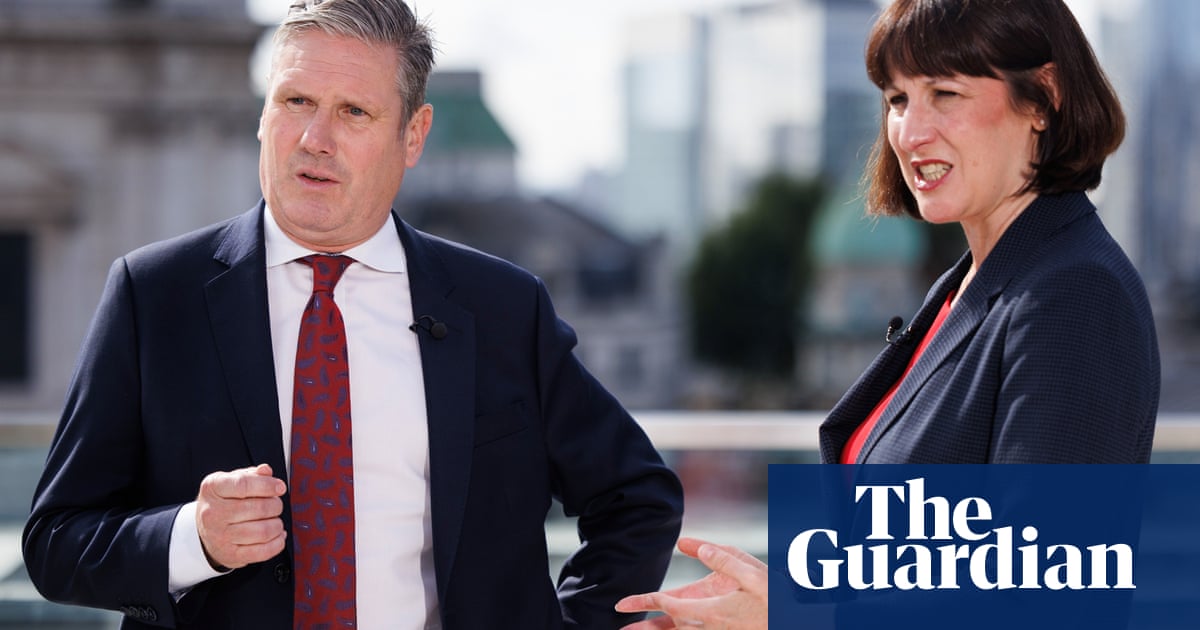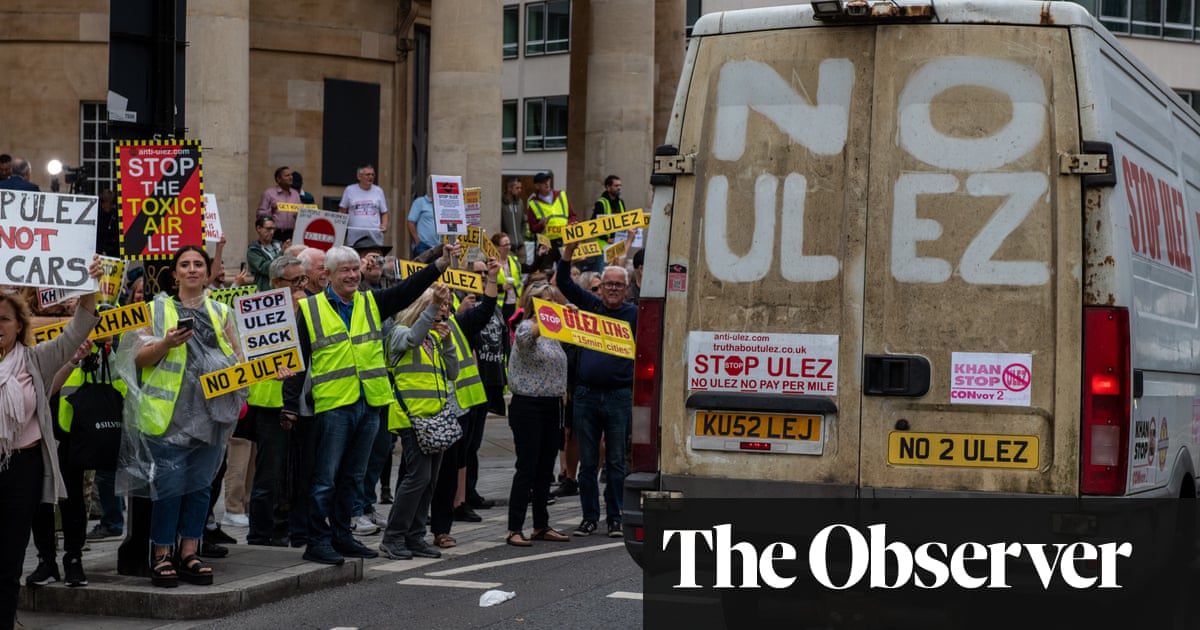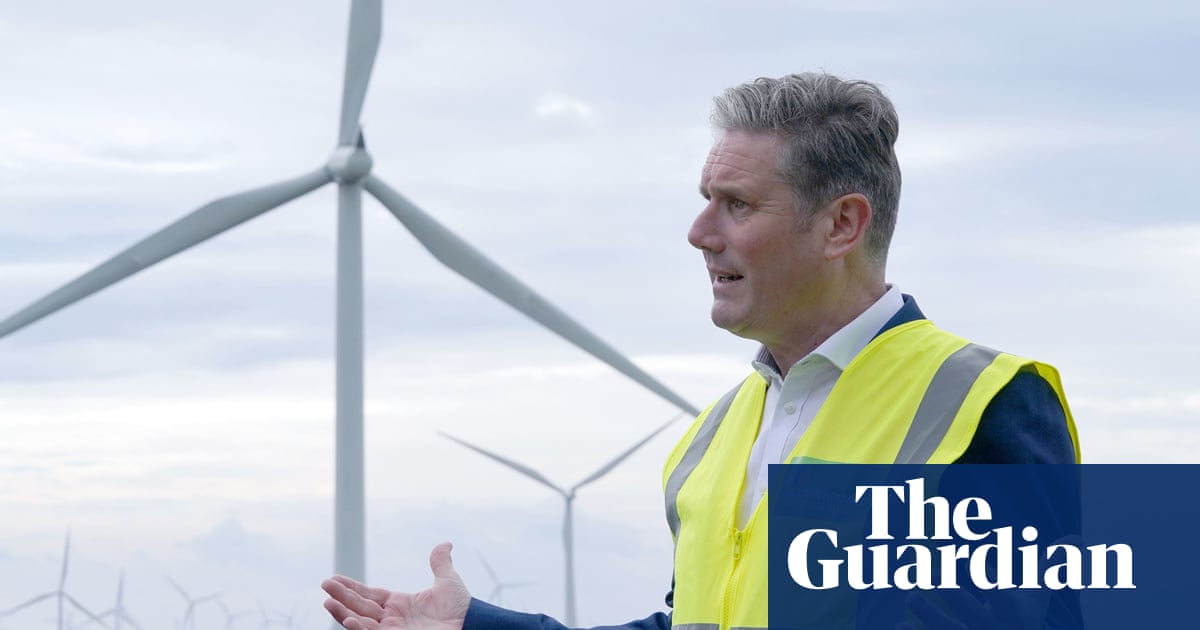
What is Labour’s £28bn plan?
Labour committed in 2021 to spending £28bn a year if it got into power on a “green prosperity plan” to kickstart the UK’s transition to a low-carbon economy, aimed at meeting legally binding climate targets while bolstering energy security, lowering household bills, warming people’s homes and spurring innovation in industry. The money, the party’s leader, Keir Starmer, said at the time, would foster green growth and jobs, and put the UK back in the low-carbon race internationally.
But some senior figures in the party have been briefing against the £28bn pledge, and have demanded it be reviewed. The plan has already been watered down to a promise to increase investment to £28bn in the second half of the next parliament, subject to strict fiscal rules that mean debt must be declining.
What would the money be spent on?
Labour has not set out detailed plans for exactly where all the funds would go, but broadly they will include: boosting renewable energy generation, with the aim of making the UK “a clean energy superpower” and decarbonising domestic power by 2030; insulating homes; improving transport infrastructure; fostering low-carbon industries; and helping existing fossil fuel-reliant industries to make the transition to net zero.
Why is the £28bn figure controversial?
The Tories have fastened on the pledge as a key attack line, claiming that Labour would have to raise taxes to meet its “unfunded spending spree”. Tory attacks on the £28bn figure come almost daily, and in response to almost anything Labour does, whether or not involving the green economy and net zero target.
Is it true the pledge would necessitate higher taxes?
No. There are ways of providing public finance at that level without raising taxation, and many economists and business experts argue that the cash should be seen as an investment rather than a cost, and that it will improve stagnant productivity and growth. A recent paper by the London School of Economics found that £26bn a year of public investment would generate private sector investment of about twice as much again, and quickly pay off in the form of jobs and growth. Tax cuts, by contrast, would provide less stimulus as the main constraints on the UK economy are poor infrastructure and underinvestment, the economists found.
What would the Tories do instead?
Ministers argue that their plans, which involve setting “roadmaps” or targets for reducing emissions from particular sectors, with only a small amount of public money involved, are already bearing fruit. The government says £200bn has been invested in the low-carbon economy since 2010, mostly by the private sector, with a further £30bn announced since last September, mainly in offshore wind.
Where did the £28bn figure come from?
There is broad consensus that tens of billions of investment will be needed to revive the UK’s industrial economy and set the country on a low-carbon path. The LSE paper estimated that £26bn a year would be needed; previous work by the IPPR thinktank suggested at least £30bn a year. Juergen Maier, former UK chief of the German firm Siemens, now an adviser to Labour on transport and infrastructure, said £28bn was “the absolute minimum” required.
What are other countries doing?
The US, under President Joe Biden’s Inflation Reduction Act, is spending $369bn on low-carbon efforts, including renewable energy, electric vehicles and industry. The EU is also planning hundreds of billions in investment through its Green Deal programme and from member states, including Germany and France, which are investing heavily in green industries.
China, meanwhile, installed more solar panels last year than the US has ever done, and invested an estimated $140bn in wind energy last year. India is also moving ahead rapidly on renewables, with investments forecast to increase by more than 80% this year.
Why is Labour considering dropping the pledge?
A few senior party figures, said to include Pat McFadden and campaigns director Morgan McSweeney, are understood to be nervous about making major spending commitments. Rachel Reeves, the shadow chancellor, is supportive of the aims of the investment but less attached to the £28bn figure.
However, several senior shadow ministers – including the shadow foreign secretary, David Lammy, the shadow environment secretary, Steve Reed, and the shadow business secretary, Jonathan Reynolds – have made a point recently of mentioning the £28bn in public appearances, indicating their support. Starmer has also frequently endorsed the figure, for instance telling the Guardian last month: “There’s never been any wavering from us, the £28bn is an important part of the investment towards [clean power].”
Many in the party argue that to row back on such a major plank of the party’s strategy – the £28bn plan is Labour’s main answer to the question of how to grow the economy and shore up crumbling public infrastructure, as well as meeting net zero – would be seen as caving to Tory pressure, and allow Starmer to be portrayed as weak and flip-flopping.
What do voters think?
Polls suggest public support for the measure. The most detailed polling, by More in Common, found a clear majority of all voters supported the pledge. Separate surveys have also found more support for Starmer when he talked of climate, and majorities of voters regularly saying they supported public investment over tax cuts.
What do businesses say?
The results of more than a decade of under-investment in the UK’s infrastructure are now readily apparent, from crumbling schools to the creaking rail network and potholed roads. The current government appears to have little appetite for infrastructure projects, but businesses are desperate for investment as the inadequacies of the UK’s transport, energy and built environment grow daily more apparent.
Most are careful not to be party political, but the message is clear: government needs to get to grips with the UK’s productivity problems. The CBI has called for more investment, saying “a defining challenge for the next government will be setting out a strategy for boosting the UK’s global competitiveness”, and the Institute of Directors has called for the UK to have “its own version of the Inflation Reduction Act”.






